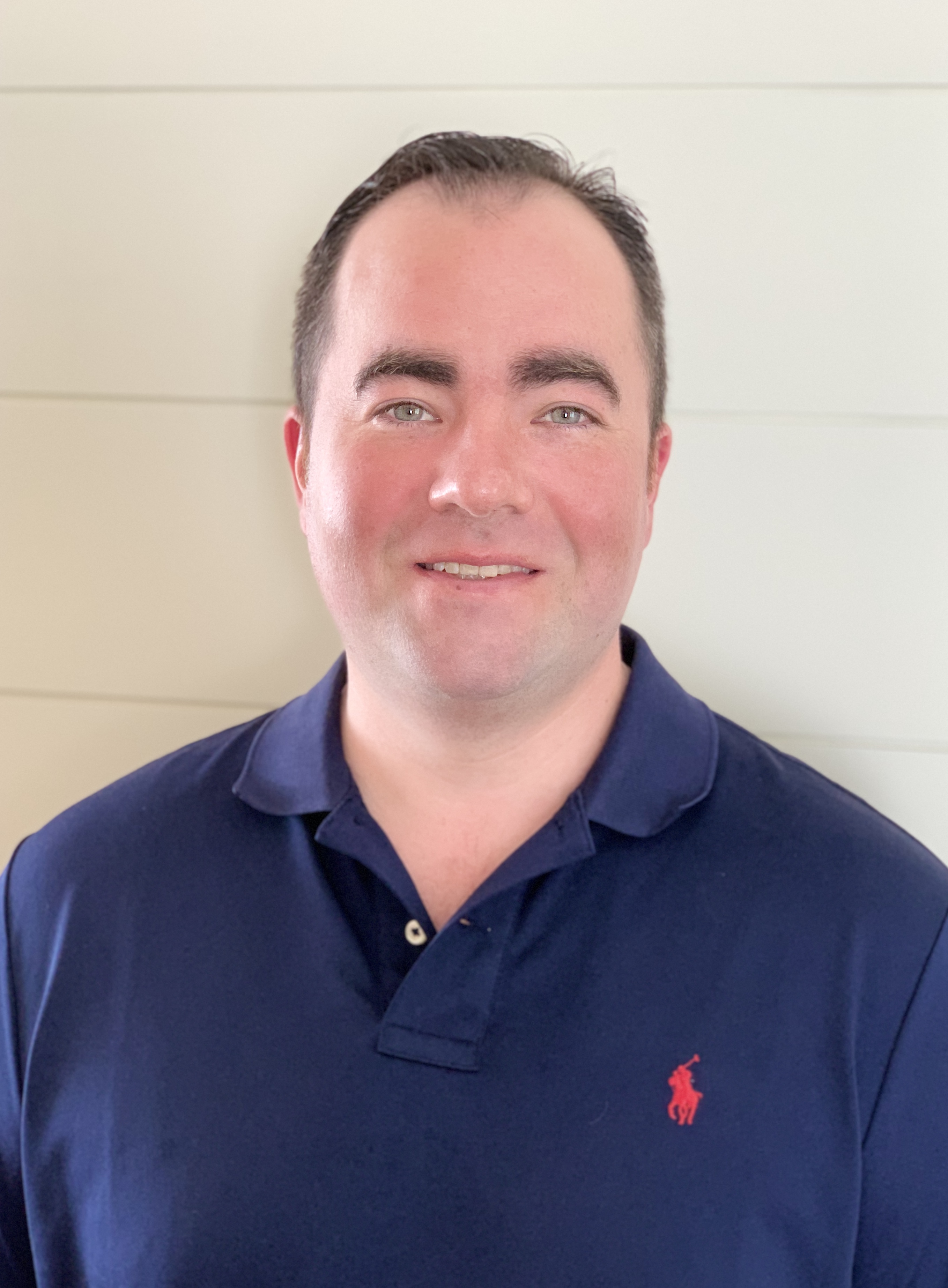
PARO’s Clinical Teaching Award recognizes the essential role that good clinical teachers play in the training of new physicians
Dr. Kyle Carter, Western
Dr. Carter is an Assistant Professor in the Department of Family Medicine at Western University, with a full-time clinical academic appointment teaching family medicine at the Southwest Middlesex Health Centre and emergency medicine at St. Thomas Elgin General Hospital. He also provides inpatient care at the Strathroy Middlesex General Hospital. Dr. Carter is an avid teacher and has led the development of point-of-care ultrasound training for both family medicine residents and physicians at Western. His additional teaching interests include simulation focused curriculum development for rural hospitals as well as practice transition training for residents.
What has fuelled your passion for teaching?
My passion has evolved over time. When I was training, and early on in my career, I found that teaching others was a good way to challenge my own personal knowledge and understanding of concepts. Over time, though, what has fuelled my passion is the legacy effect that interacting with all of the learners has had. It has been the most rewarding part of my career so far. Very few things can compare to hearing from a physician you once taught about how well they are doing. Or seeing firsthand a learner acquiring a new skill that they know will be crucial to their career and practice. It’s a privilege to be involved at this level of a physician’s career.
If your learners only remember one thing you’ve taught them, what would you want that to be?
It’s just a job. And by that, I mean what I try to impart on all learners I am involved with is that we are blessed to have the careers we have and these careers can be tremendously rewarding, but maintaining a focus on self and life is just as important. Keeping perspective on what we do for work and who we are is an important lesson for young physicians.
In these challenging times of COVID-19, can you share your perspective about teaching residents?
I believe that during this challenging time of COVID-19 there is tremendous opportunity for teaching residents. We are being forced into a unique and new era of medicine. As teachers, most of us have very limited experience with virtual and physically distant medicine. Learning the skills and practicing in this way is quite challenging. However, residents are learning new skills that we would not likely be teaching if it were not for the COVID-19 pandemic. This change in teaching will probably shape the future practice of medicine and new graduates will have the skills to practice in this way.
What piece of advice would you give to a doctor new to the role of clinical teaching?
My advice to anyone taking on a clinical teaching role would be the same advice I was given when I first started. The key to maintaining enthusiasm during your career is to find areas that you are passionate about. Those areas can be clinical, academic or anything! For me I have had a passion to teach and found areas within medicine that I wanted to focus on, like point-of-care ultrasound or simulation curriculum. If what your passionate about becomes part of your job, it becomes less of a job.
Finish this sentence: A great role model is someone who…you respect for their successes, but who you can admire because of their failures, too. I believe that role models should not only be examples that others look to because of their achievements but should also be relatable by disclosing things that they have been unsuccessful at or struggled with. Being genuine and providing an honest example for others to follow, that’s what makes a respected role model.


